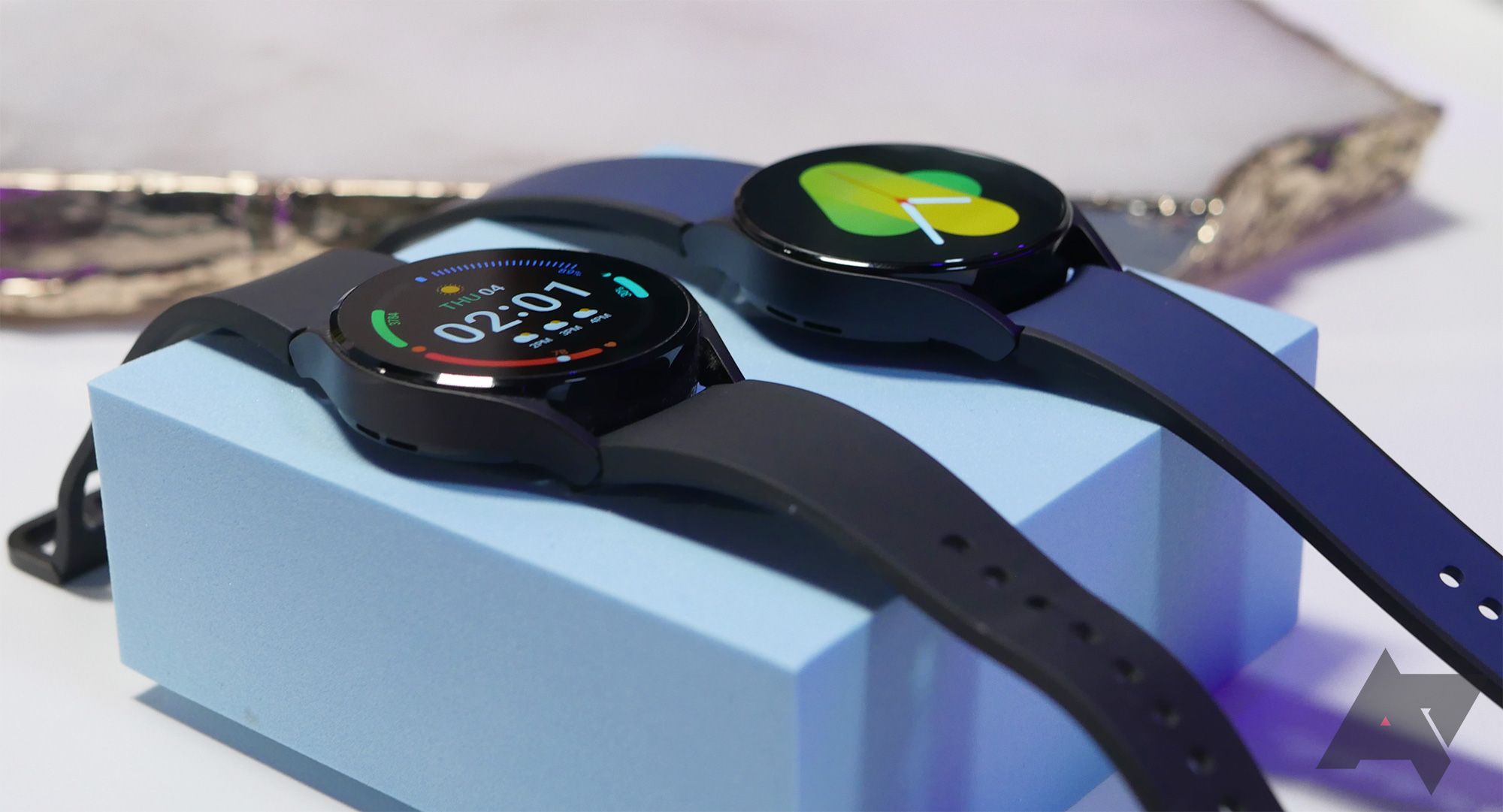If you are a tech-savvy, fitness-conscious person, odds are that you already own a smartwatch from the likes of Apple or Fitbit. These devices house a powerful array of sensors that can track your cumulative steps, monitor the heart rate and sleep patterns, and provide real-time stress management advice. Yet, these wearables are limited by their ability to penetrate just a few millimeters into the human skin. Enter a new wearable ultrasound device that has the potential to become the future of healthcare.
Wearable ultrasound, for continuous monitoring of an organ of interest, will have an important role in the future; challenges to get there nicely summarized @Nature @ChongheWang @ProfZhaoMIT @MIT pic.twitter.com/ueT8mwF6YI
— Eric Topol (@EricTopol) June 26, 2024
A team of researchers led by C. Wang & X. Zhao have developed a new ultrasound wearable device that is just a “few centimeters long,” attaches to the skin via a bioadhesive, and conveniently connects to a pocket-sized battery and a data transmission system. The team notes:
“Our prototype, although still in its infancy, can deliver continuous, high-quality images of deep tissues. The battery life currently allows for minute-long videos to be taken intermittently: multiple times per hour over several days.”
Of course, unlike the harmful ionizing radiation produced by X-Ray devices, ultrasound waves are relatively non-invasive and quite safe. Ergo, the team’s preference for ultrasound.
C. Wang and X. Zhao believe that their wearable ultrasound device can play an important role in ushering in a new healthcare regime that is both preventive in nature and proactive in substance.
While highlighting the clinical use-cases of such a device, the researchers note that it allows for “constant monitoring of high-risk patients, tracking fetal health in high-risk pregnancies or overseeing recovery after surgery.” The team goes on to note:
“Beyond hospitals, these devices could bring diagnostic and monitoring tools to remote areas, making medical imaging more accessible and affordable in low- and middle-income countries. As the technology is refined, we foresee its integration into the daily lives of individuals to manage chronic conditions such as hypertension, or to enable early detection of heart failure, abdominal aortic aneurysms and deep vein thrombosis.”
You can read the entire Nature article here. Will you feel comfortable wearing an ultrasound-based health monitoring device? What do you think are privacy-related implications? Let us know your thoughts in the comments section below.



